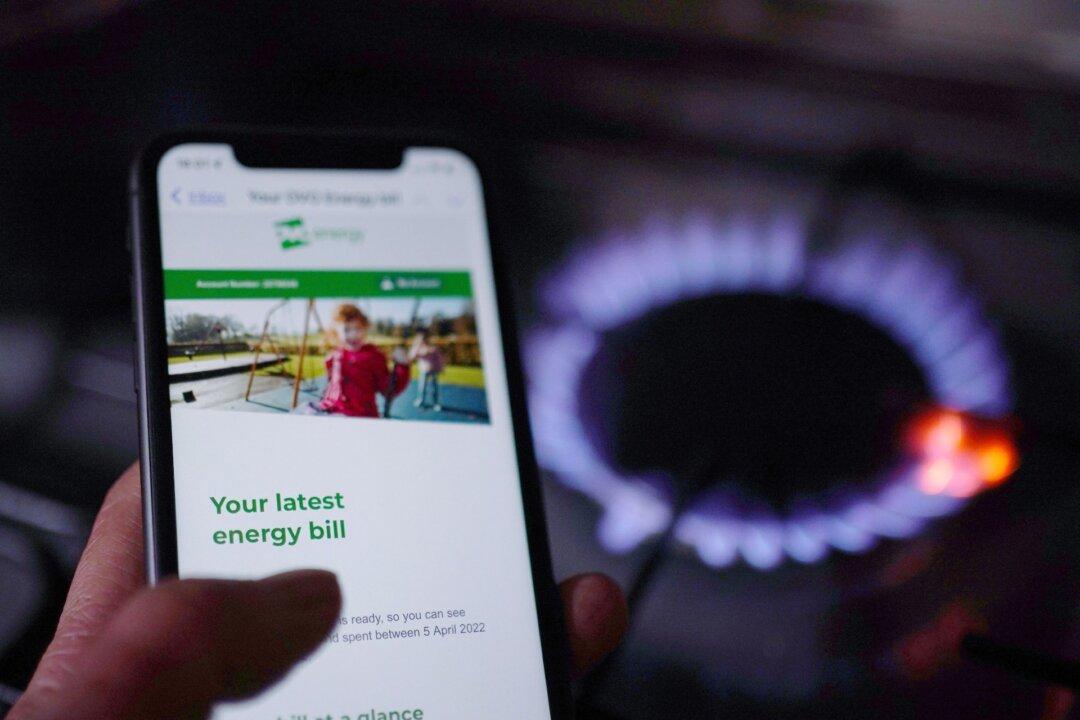The UK government will extend the cap on household energy bills for three more months, the chancellor has announced ahead of the Spring Budget.
To protect British households against high energy prices exacerbated by the Russian invasion of Ukraine, the government launched the Energy Price Guarantee last year, which has capped annual energy costs to £2,500 for a typical household.





